Next week the first of three scheduled debates between President Donald Trump and Joe Biden will take place. It will be held almost 60 years to the date after the first nationally televised presidential debate.
That debate, held in September, 1960 featured Vice President Richard M. Nixon and U.S. Senator John F. Kennedy. It was viewed with rapt attention by millions of viewers new to the marvels of television reporting of presidential politics.
For those who listened to the debate on the radio, most believed that Richard Nixon prevailed. He sounded better and had a greater command of the facts.
But there was a wide difference of opinion between those that watched the broadcast and those who only listened.
The viewers saw a young, dynamic and energetic candidate in John F. Kennedy. His team understood the power and workings of the new technology and had him well prepared. What viewers saw in Nixon was something very different.
Unfamiliar with both the format and factors of television production, Nixon appeared gaunt and his suit blended into the backdrop of the debate stage. He refused the television makeup he was offered and his heavy beard had turned into a nine o’clock shadow making him appear slightly sinister.
The debate changed the trajectory of the two candidates ultimately leading to Kennedy’s razor-this victory in November.
Nixon never forgot. In the subsequent debates that year he used the makeup, prepped for television and did well. But the die had been cast. The images in the minds of voters had been sealed. Nixon didn’t debate in either 1968 or 1972. He won the presidency in both times.
It took 16 more years for another debate to take place. In 1976 incumbent Gerald Ford’s slip-up regarding communist domination in Eastern Europe led many to believe it was the turning point of another very close election.
Likewise in 1980, Ronald Reagan used his skills to ease any fears or lingering doubts about him as the potential leader of the free world. Carter looked confused and ineffectual. What had been a Carter lead in the polls turned out to be a Reagan landslide on election day.
Since then the series of presidential debates have become the centerpiece of presidential campaigns. There are lots of good reasons why American voters, especially undecided and persuadable ones, pay close attention to the debates.
They instinctively know that they see in the debates what they can’t get in slickly produced thirty second television commercials. They understand that the candidates aren’t able to read off a TelePrompTer words somebody else wrote for them. They realize that they’re getting a glimpse of how the candidates perform under pressure and they get a basic notion about the candidates themselves.
Now come President Trump and Joe Biden into the debate arena.
Many thought the Trump-Biden debates might not occur. Several leading Democrats told Joe Biden not to show up. They are worried about his inability to speak at length without serious gaffes. They fear that their candidate, who has spent most of the campaign hunkered down in his basement, may not be ready for a prime time face-off with President Trump.
Recently Biden had to ask a staffer to scroll up his script during a supposed “town hall” with the Pennsylvania AFL-CIO. So much for the spontaneous reactions necessary for good debate performance.
Last week we got a preview of coming attractions. There were town hall meetings with both the president and the former Vice President. What we saw was a sharp contrast, both in what actually transpired and what the media subsequently chose to report and comment about. President Trump faced the usual litany of tough questions. He responded with strength based upon the facts of his administration and the record of a strong economy, a safer world and the beginning of the great American comeback that he is leading.
Joe Biden didn’t face the same level of scrutiny. There weren’t any fastballs coming his way. They didn’t even lob softballs. They teed it up for him to see what he could do. Virtually every question was merely an open invitation for him to attack Trump personally.
Thirteen of the 16 folks who were allowed to ask questions of Biden were Democrats. That’s roughly 80 percent, not exactly reflective of the electorate.
Jeff Greenfield, hardly a Trump admirer, observed that “the contrast between what Trump was asked and what Biden is being asked is striking.” He went on to say that the night hadn’t really prepared Biden to face the tough questions and give-and-take of next week.
Biden has one advantage in the debates. He benefits from the very low expectations of his performance. If he clears the very low bar, the media will speak the next 48 hours touting his “success.”
If he doesn’t, well, you won’t want to miss this one.
Charlie Gerow is a Republican strategist and CEO of Quantum Communications. He and Democrat Mark Singel write opposite each other each week on PennLive. They can also bee seen each Sunday morning at 8:30 on CBS-21\u2032s Face the State.
___
(c)2020 The Patriot-News (Harrisburg, Pa.)
Visit The Patriot-News (Harrisburg, Pa.) at www.pennlive.com
Distributed by Tribune Content Agency, LLC.
—-
This content is published through a licensing agreement with Acquire Media using its NewsEdge technology.



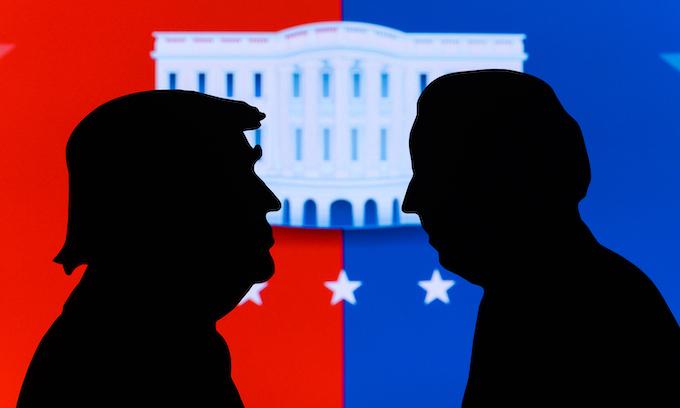
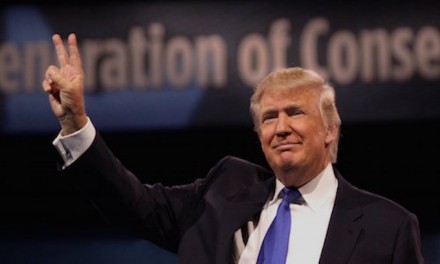

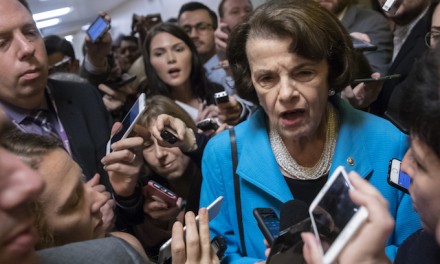






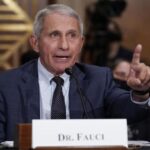

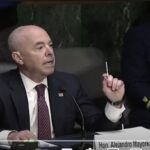

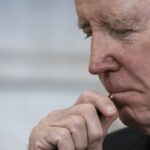
Recent Comments